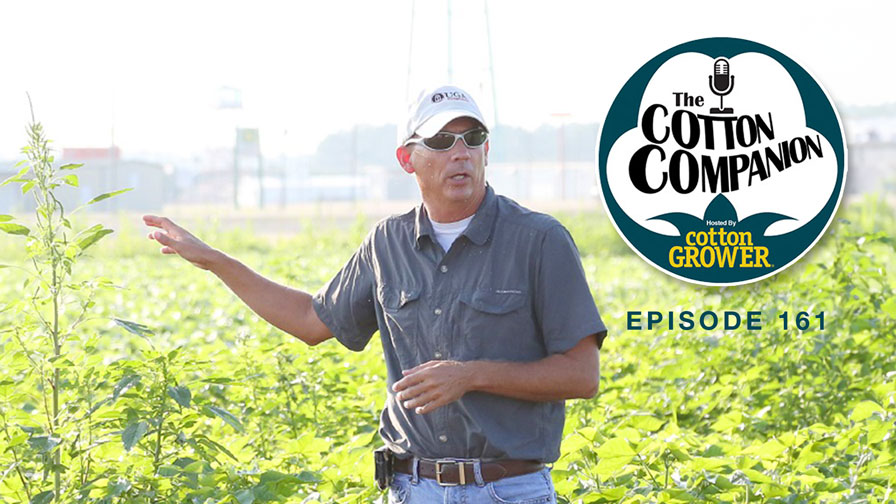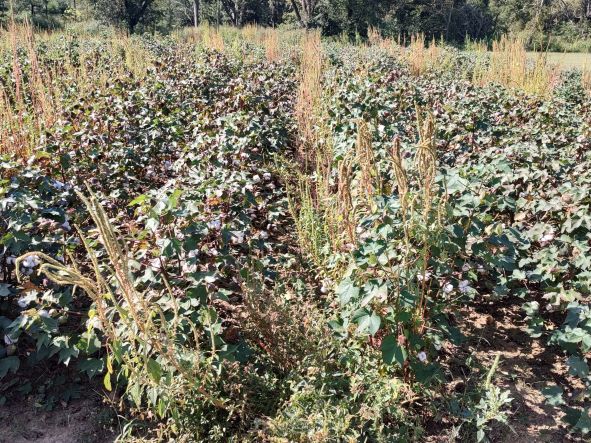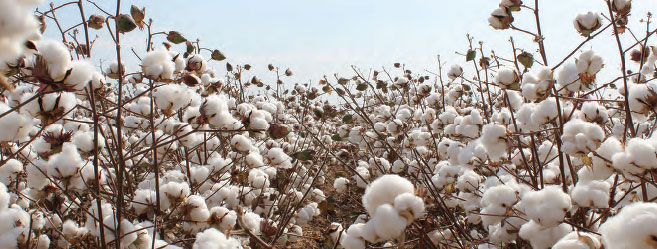Twelve Percent of U.S. Population Now Living in Drought Conditions
The span of the oppressive drought in the Continental United States now ranges from the Missouri River to the Pacific Ocean, affecting roughly one-third of the country and 73 million people.
According to the latest Drought Monitor report, drought conditions were left unchanged for the majority of western states already deeply entrenched in drought. In California, the driest state in the nation, 37.25 million people are living in drought conditions, compared to 36.6 million in 2013 and 17 million in 2012.
Currently 95 percent of California remains in severe or worse drought.
Californians are desperate for water, sparking intense water wars that have forced some to steal water from fire hydrants. These water wars have also pit California’s farmers against Indian tribes, environmentalists and fishermen as they fight against the release of water for fish.
If a new study is correct, California could be in just the beginning of a so-called “megadrought.” New research suggests there is a 20 to 50 percent chance the state will see a prolonged dry spell within the next century.
According to Southern California Public Radio, Toby Ault, the study’s lead author, explained that by using dozens of climate prediction models, his team found the once rare megadroughts will become more common. In the past, the state has seen a 35 year or longer drought once or twice every thousand years.
“The dice are loaded,” Ault said. “On average things are expected to be drier, and, because of that, we can get very unlucky and get very long dry spells.”
Ault stresses the importance of conserving water, whether the drought stretches for three or 35 years.
“I think we’d really have to change the way we think about water and the way that we can use water, because right now, we’re on a path that would be unsustainable if we had a drought of 35 years,” Ault told ABC News.
Source – Drought Monitor








